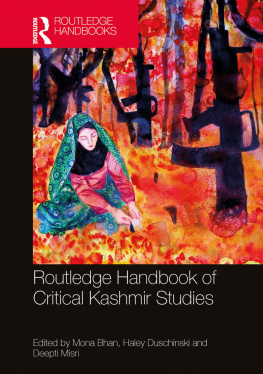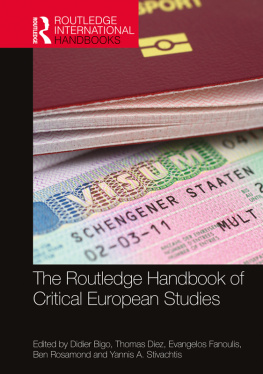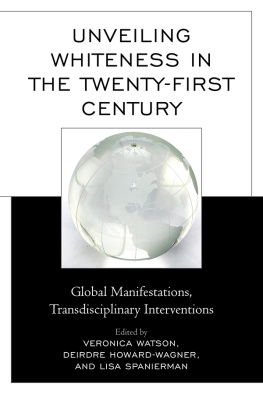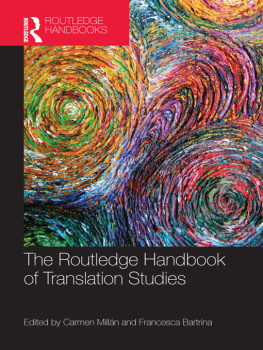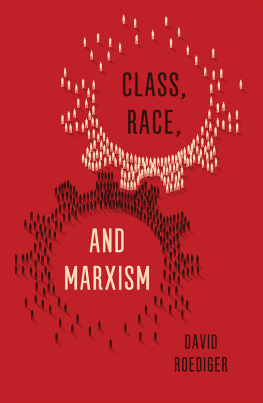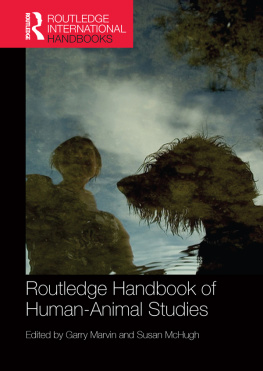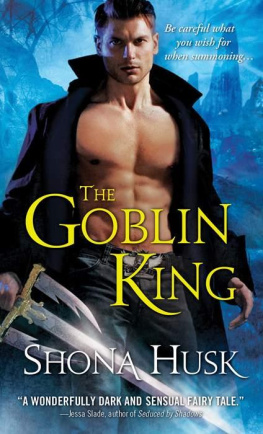This collection offers, at long last, the foundation of a genuinely transnational as well as transdisciplinary conversation about whiteness. The editors have curated an extraordinary range of work from a new generation of writers who bring creative, intuitive and analytical insights to bear on a subject that has evaded sustained critique for too long. The book will infuriate those who are invested in maintaining the status quo; it will only encourage those who are determined to act together to change it.
Vron Ware, co-author of Out of Whiteness: Color, Politics and Culture
This handbook provides a compelling, multi-level and wide-ranging investigation of the many ways in which white supremacy has ineluctably always been central to the notion of race and racism in its various dehumanising and ever-destructive guises. Drawing on the insights of authors from a wide range of countries, contexts, and disciplines, this insightfully curated collection of chapters makes for captivating reading and adds significantly to extant scholarship on racism. This scholarly tour de force will undoubtedly become an important reference for scholars with an interest in the field whiteness and racism and the ever-changing articulations of racism.
Norman Duncan, Professor of Psychology; Critical Race Scholar; co-editor of Race, Memory, and the Apartheid Archive: Towards a Transformative Psychosocial Praxis
What a wide-ranging and fiery examination of whiteness; its intersections, infusions and leaching logics across time, place and systems of colonial and racial domination. Apartheid, Hindu nationalism, indigenous genocide, oceanic colonialism and Goa, Meghan Markle, post-feminism, philosophical entrapment and Zionism are some of the topics through which authors complicate and decolonise critical whiteness studies. Drawing out theorising into activism, crucially the collection offers strategies towards a more equitable social world. A treasure trove for teachers, students and activists.
Yasmin Gunaratnam, Reader at Goldsmiths College, author of Researching Race and Ethnicity: Methods, Knowledge and Power and Death and the Migrant: Bodies, Borders and Care
It is hard to think of a more necessary critical renewal of whiteness studies than that presented in this detailed, challenging and incredibly insightful book. Authoritative and innovative, the editors and authors have done a great service to the topic and our understanding of it.
Professor Nasar Meer, University of Edinburgh, editor of Whiteness and Nationalism
Our world is in turmoil. We live in the accumulated pain and emboldened geopolitical violence of 500 years of colonial history. This volume does not offer any balm for white wounds. Rather it is an insurgent call for racial justice. Bringing together a breadth of voices from across the Global North and South, the editors ask readers to critically reflect upon the connections and separations of the world through the varied formations of whiteness. This extraordinary volume is a provocation, a challenge, and a conversation, offering new constellations of possibilities to approach the field of critical whiteness studies; to interrogate whiteness within the calculated balances and sacrificial structures of the world; and to consider whiteness in relation, a method of working through the interpersonal. The chapters rumble with a thoughtful intensity that both activists and intellectuals require to carry forth visions of radical change, especially in these times when events in one part of the world cascades in another.
Nalini Mohabir, Concordia University, co-editor of The Fire that Time: Transnational Black Radicalism and the Sir George Williams Occupation
ROUTLEDGE HANDBOOK OF CRITICAL STUDIES IN WHITENESS
This handbook offers a unique decolonial take on the field of Critical Whiteness Studies by re-historicising and re-spatialising the study of bodies and identities in the world system of coloniality.
Situating the critical study of whiteness as a core intellectual pillar in a broadly based project for racial and social justice, the volume understands whiteness as elaborated in global coloniality through epistemology, ideology and governmentality at the intersections with heteropatriarchy and capitalism. The diverse contributions present Black and other racially diverse scholarship as crucial to the field. The focus of inquiry is expanded beyond Northern Anglophone contexts to challenge centre/margin relations, examining whiteness in the Caribbean, South Africa and the African continent, Asia, the Middle East as well as in the United States and parts of Europe. Providing a transdisciplinary approach and addressing debates about knowledges, black and white subjectivities and newly defensive forms of whiteness, as seen in the rise of the Radical Right, the handbook deepens our understanding of power, place, and culture in coloniality.
This book will be an invaluable resource for researchers, advanced students, and scholars in the fields of Education, History, Sociology, Anthropology, Psychology, Political Sciences, Philosophy, Critical Race Theory, Feminist and Gender Studies, Postcolonial and Decolonial Studies, Security Studies, Migration Studies, Media Studies, Indigenous Studies, Cultural Studies, Critical Diversity Studies, and African, Latin American, Asian, American, British and European Studies.
Shona Hunter is Reader in the Centre for Race Education and Decoloniality (CRED), Leeds Beckett University, UK. Her publications include Power, Politics and the Emotions: Impossible Governance (2015) and various special editions and articles in Social Politics: International Studies in Gender, State and Society, Critical Social Policy, Critical Arts: A Journal of South-North Cultural and Media Studies, Critical Race and Whiteness Studies Journal, Journal of Psychosocial Studies, and Policy Futures in Education. She has held posts at the Universities of Birmingham, Lancaster, Leeds University in the United Kingdom and visiting positions at the Universities of Sydney, Australia; Mannheim, Germany; Cape Town, Rhodes; and Johannesburg, South Africa. Her scholarly interests are framed through an engagement with feminist anti-racist decolonial critique and include all aspects of welfare politics and governance, state practices, identities and the broader material-cultural-affective politics through which the state(s) is enacted nationally and globally as a global colonial formation.
Christi van der Westhuizen is Associate Professor at the Centre for the Advancement of Non-Racialism and Democracy (CANRAD), Nelson Mandela University, South Africa. Her publications include the monographs White Power & the Rise and Fall of the National Party (2007) and Sitting Pretty: White Afrikaans Women in Postapartheid South Africa (2017), and articles in African Studies, Critical Philosophy of Race and Matatu Journal for African Culture and Society. She has held research fellowships with various universities, and previously worked as an Associate Professor of Sociology at the University of Pretoria. Her research focuses on identity, difference, ideology, and democracy in postcolonial contexts.
Routledge Handbook of Critical Studies in Whiteness
Edited by Shona Hunter and Christi van der Westhuizen

First published 2022
by Routledge
2 Park Square, Milton Park, Abingdon, Oxon OX14 4RN
and by Routledge
605 Third Avenue, New York, NY 10158



